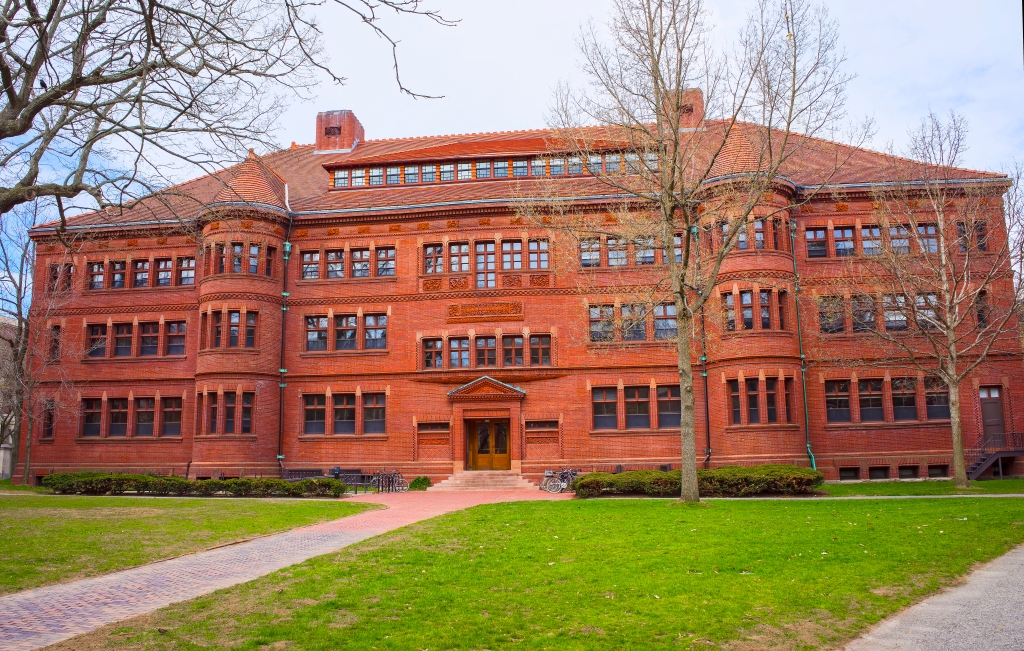
I recently heard someone say that apologetics is not good for anything because it is just about proving to other people that you are right. The statement was made by a Christian who is vocal about sharing his faith. So, this was not an excuse from someone who is ashamed to defend the reasons for his hope in Jesus Christ.
Indeed, some people approach apologetics as a kind of intellectual game of one-upmanship. Some people seem to think that apologetics is a kind of silver bullet or kryptonite to combat skepticism and atheism.
I have been drawn to apologetics over the last 12 to 15 years as I have gone through a renewal of my faith. I became a Christian in the academic setting of college, so apologetics was attractive to me. The intellectual exercise is invigorating and stimulating.
Along the way, I developed expectations similar to the ones criticized by my friend on social media – that apologetics has all the answers and engaging in apologetics will turn skeptics and atheists into believers, but it doesn’t necessarily work that way.
Just watch a debate and listen to the responses of the people who observed it. Most skeptics are going to walk away skeptical, thinking that the atheist won, and most believers are going to walk away believing, thinking that the Christian won.
We might call this confirmation bias. It’s human nature. We are naturally inclined to identify with the things we already believe in and to find the arguments that align with our beliefs to be compelling.
Debates tend to promote the kind of one-upmanship that my friend criticized. After all, that is traditionally the point of debate. For me, this seemed to be the wrong format for sharing the Gospel.
Therefore, I dismissed debating as an effective apologetics “tool”. It seemed to me that debates were not an effective way of delivering truth. Therefore, I gravitated toward platforms like the Unbelievable? Podcast hosted by Premiere Christian Radio in Great Britain where dialogues between theists and atheists are carried on civilly (usually) in a dialogue format.
But, I am not sure how much more effective dialogue is than debate in convincing people of the truth of Christianity. Most people remain convinced of their own views most of the time. Human beings are stubborn that way.
Many modern people see themselves primarily as rational beings, so we think apologetics reaches them where (they think) they live. I am skeptical that so many people are such rational beings. I have to question my own rationality sometimes. We are motivated by many things other than reason, and we use reason to cover up ulterior motives.
This is the thesis (more or less) of Jonathan Haidt in his book, The Righteous Mind: Why Good People Are Divided by Politics and Religion. He argues that we reach our fundamental moral judgments about right and wrong at a gut level – not at a rational level. We turn to reason to defend our positions, but our positions are formed at an intuitive level.
I have not read the whole book, and I don’t recall his data and evidential support for the conclusions he reaches, but the general proposition rings true to my own experience and observation, limited as it is. What good is apologetics, then?
If Jonathan Haidt is right, then apologetics is not going to reach people where they actually live – in their gut. If we are aiming at the head, we are missing the mark, perhaps.
Continue reading “What Good Is Apologetics?”



